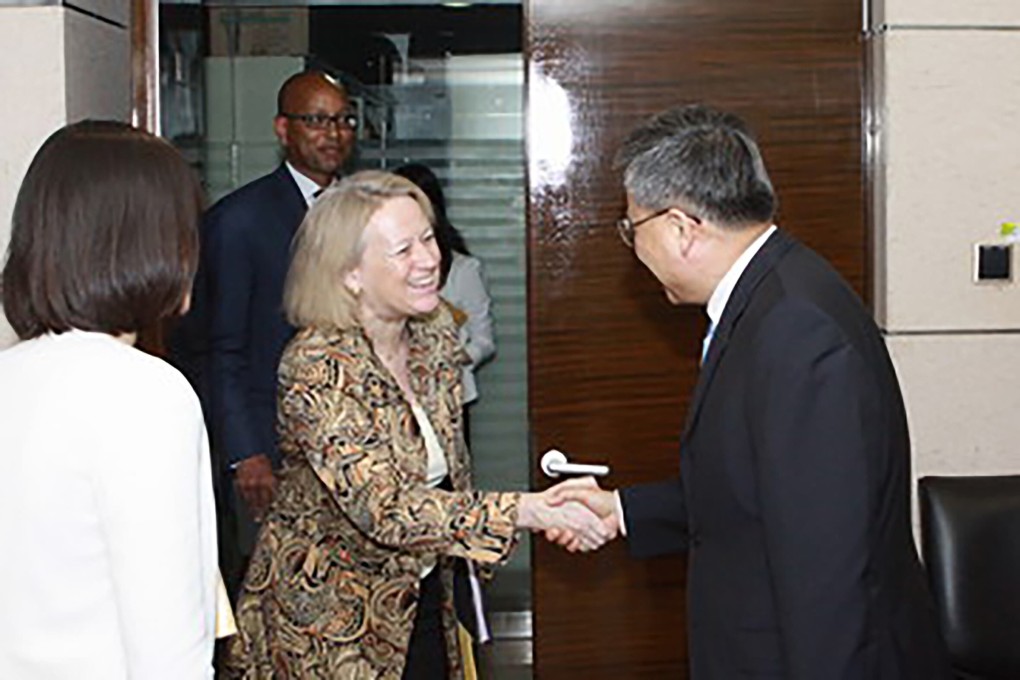Exclusive | China’s regulator, rebutting claim of Chinese accounting fraud on US markets, says its goodwill to collaborate had been snubbed
- The audit papers of 14 US-listed Chinese companies had been submitted to US regulators since 2012, China Securities Regulatory Commission said
- China has sought to build a mutually acceptable mechanism or inspection since 2019, CSRC said

China’s securities regulator says it has presented proposals to collaborate with the US accounting oversight board since 2019 to reconcile local auditing rules with global bookkeeping standards, rebutting criticisms that the country was allowing Chinese companies to “cheat” on US capital markets.
The audit papers of 14 US-listed Chinese companies – three last year alone – have been submitted to the US Securities and Exchange Commission (SEC) and the Public Company Accounting Oversight Board (PCAOB) in recent years, the China Securities Regulatory Commission (CSRC) said.
“China has proactively sought to build a mutually acceptable mechanism for inspection” since 2019, with the most recent proposal being on April 3, the regulator said in response to an inquiry by South China Morning Post, declining to identify any of the companies. “We can say that the collaboration has been effective.”
The Senate bill is the latest dust-up in US-China relations, which have deteriorated to a new low during the past two years over a growing litany of disputes from the origin of the coronavirus to human rights, to 5G technology and the proposed Chinese national security law for Hong Kong.